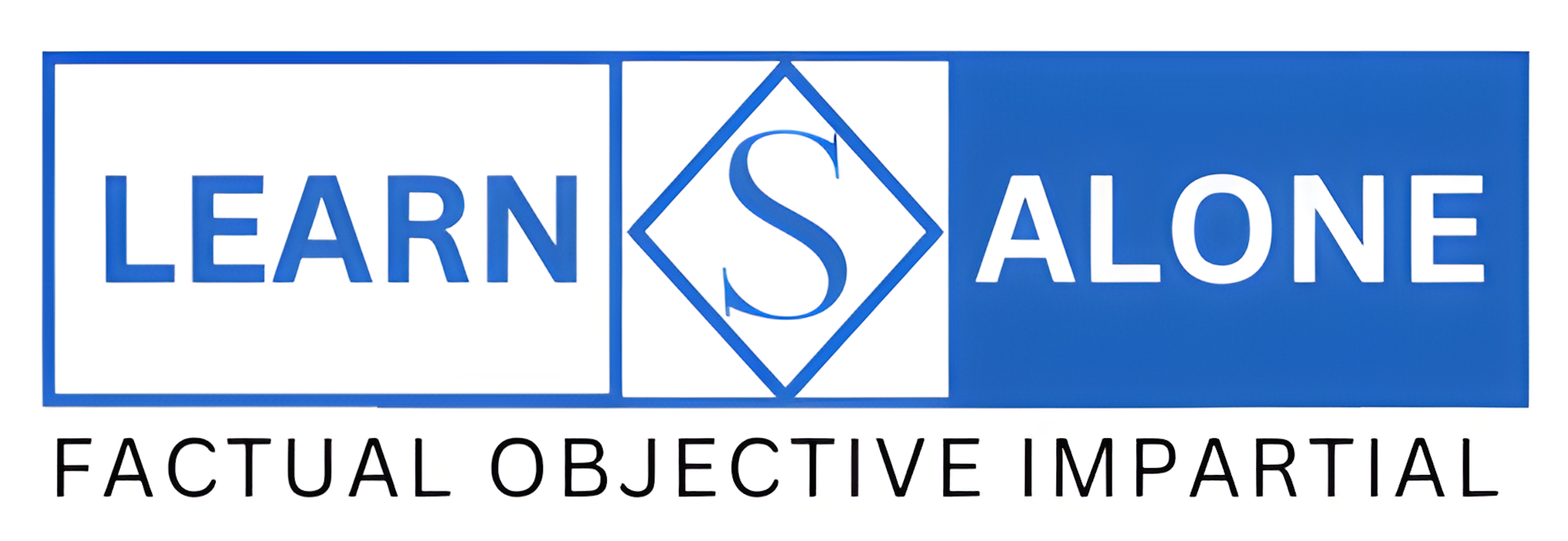By Edward Dictionary Caulker
Whilst listening to James Fortune’s in-depth analysis of the Lungi Ferry saga during the Deep Dive Monologue on Epic Radio, I, serving as producer, jotted down the most striking points he raised. His presentation was layered with both authority and frustration, sentiments that were echoed by callers who phoned in to share their lived experiences and grievances. What emerged from the discussion was more than a technical assessment; it was a vivid reflection of how a vital public service has been trapped in decades of neglect and underperformance.
For more than fifty years, the Lungi Ferry has been one of Sierra Leone’s most critical transport links, connecting Freetown, the bustling capital, to Lungi, home to the country’s only international airport. With no bridge or direct road between the two, the ferry has been an indispensable link for passengers, traders, and travellers moving across the Sierra Leone River estuary. It was established in the early 1970s under President Siaka Stevens as part of broader efforts to modernize national infrastructure. At the time, there were no viable alternatives such as speedboats or water taxis, and the ferry was more than a convenience; it was a lifeline designed to provide affordable and safe access, to ease passenger travel particularly for airport users, and to support trade and commerce between communities on both shores.
In the years since, the service has swung between periods of improvement, stagnation, and outright collapse, often dictated by changes in government priorities, poor maintenance culture, and the absence of long-term planning. Several vessels have served the route, including MV Great Scarcies, MV Muazuk, MV Mahera, and MV Bai Bureh, yet breakdowns and service disruptions have become so frequent that delays are no longer surprises but expectations. Many of the ferries are decades old, plagued by rusting hulls, worn engines, and compromised propulsion systems. A chronic lack of funding, technical expertise, and spare parts has crippled maintenance efforts, worsened by the fact that the Kissy terminal’s ferry cradle essential for dry-docking has been out of use since 2010. Overloading of passengers and vehicles is common, placing dangerous strain on already fragile vessels.
The delays are compounded by the estuary’s tidal nature, with low tides making docking difficult and forcing sudden rescheduling or cancellations. Poor communication with passengers means people often discover disruptions only upon arrival at the terminal, usually through informal word of mouth from staff or vendors. Manual ticketing, limited loading facilities, and understaffed crews add to congestion and inefficiency at ports.
Public trust in the ferry system has also been eroded by procurement controversies. In 2010, NASSIT spent over €2 million to acquire MV Bai Bureh and MV Masimera, vessels later reported to have arrived in poor condition. The Anti-Corruption Commission launched an investigation into possible irregularities. In 2023, concerns resurfaced when government procured two 35-year-old, third-hand ferries to ease transport challenges, prompting criticism over the logic of relying on aging vessels to solve a long-term infrastructure crisis.
Despite all this, the Lungi Ferry remains essential to Sierra Leone’s transportation network, its role made even more urgent by the fact that alternative services like Sea Coach Express and private water taxis remain largely inaccessible to the average Sierra Leonean due to cost. The idea of a permanent solution in the form of a bridge linking Freetown to Lungi has been floated for years, appearing in campaign promises, feasibility studies, and public debates, but remains unrealized.
Until such a step is taken, the ferry will continue to sail through not only the waters of the Sierra Leone River but also the tides of public frustration, political controversy, and the enduring hope that one day the journey will finally be smooth.



